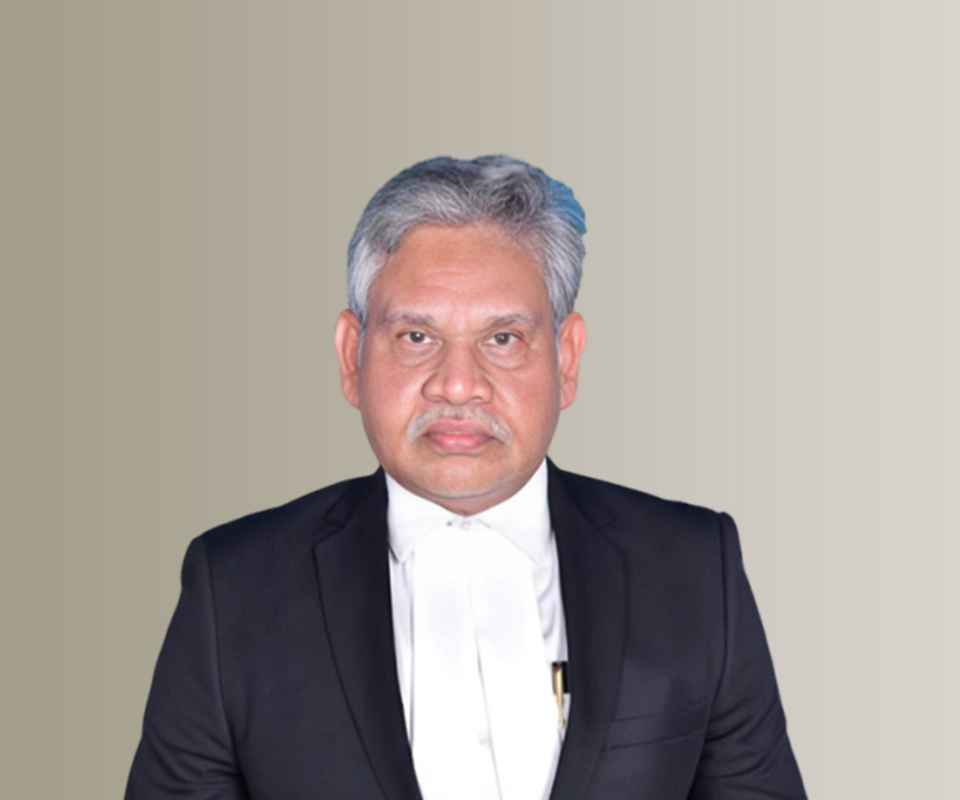Answer By law4u team
For a valid will in India, the law requires the presence of at least two witnesses at the time the testator (the person making the will) signs or acknowledges the will. Here’s a detailed explanation: Number of Witnesses Required Minimum Two Witnesses: Indian law mandates that a will must be signed or acknowledged by the testator in the presence of at least two witnesses. These witnesses must also sign the will to confirm that they saw the testator signing it or heard the testator acknowledge the signature or the will. Role and Eligibility of Witnesses Witnesses Must Be Present: Both witnesses should be physically present together when the testator signs or acknowledges the will. Witnesses’ Capacity: They should be adults and of sound mind. Disinterested Witnesses: Preferably, witnesses should not be beneficiaries under the will, as their testimony can be challenged or disqualified if they stand to gain. Witnesses attest to the authenticity of the will and help prevent fraud or coercion claims. Legal Basis This requirement is derived from the Indian Succession Act, 1925, which governs wills in most parts of India. The law ensures the will’s execution is free from fraud or undue influence. Summary At least two witnesses are necessary for a will to be valid. They must be present at the time of signing or acknowledgment. They must sign the will to attest to the testator’s actions.









